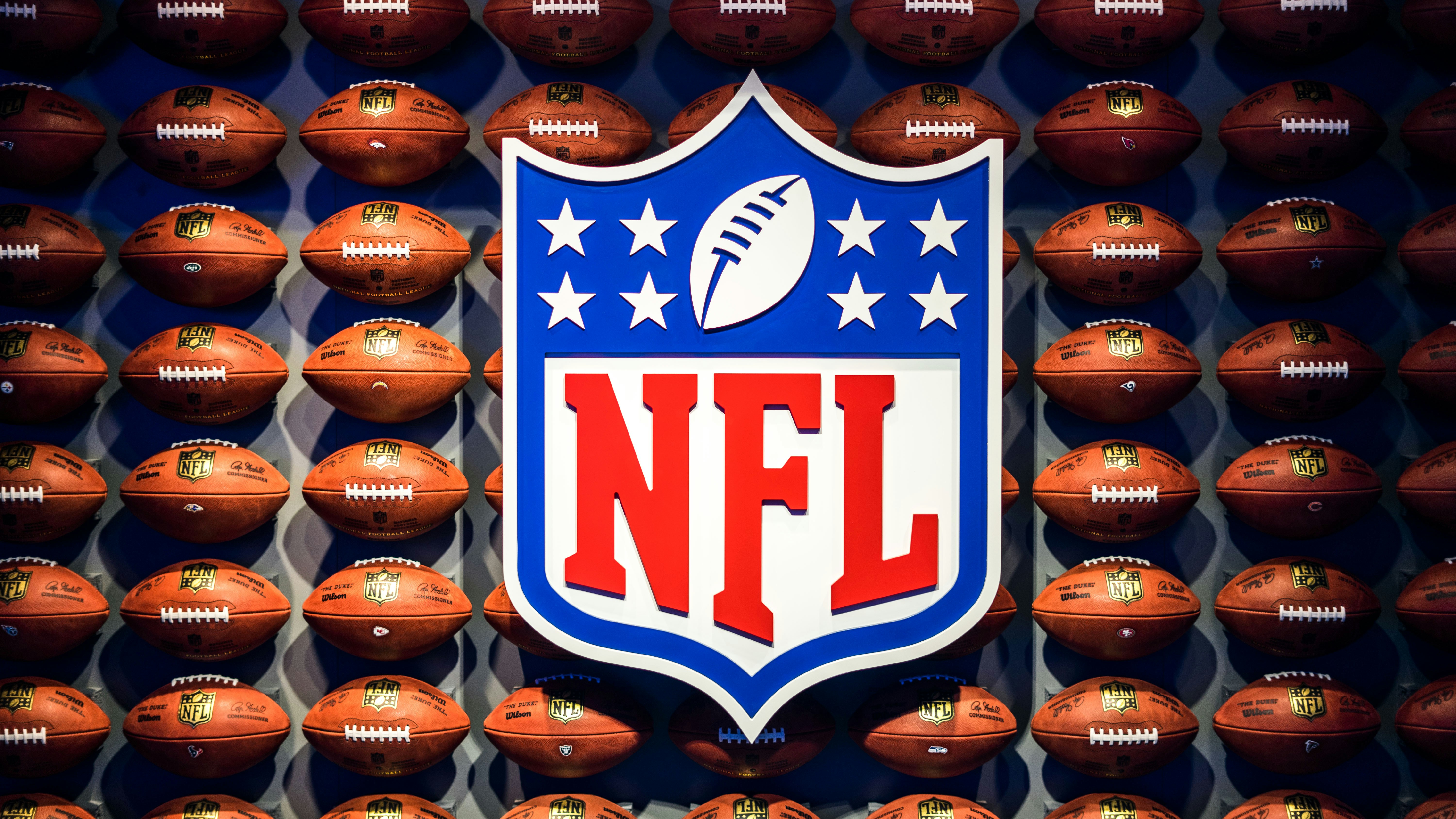Key Takeaways:
– Dallas Cowboys’ significant salary cap due to ongoing contracts prevented them from signing Derrick Henry.
– Cowboy’s Executive VP Stephen Jones attributes contract renewals for Dak Prescott, CeeDee Lamb, and Micah Parsons, as the primary cause of the current cap situation.
– Tony Pollard left the Cowboys for a three-year $24 million contract, which is less than what he earned on an annual basis in 2023.
– Cowboys’ top executives have decided not to commit to the roster beyond 2024, which might impact their short-term success.
Salary Cap Limits Cowboys’ Signing Ability
Dallas Cowboys’ Executive Vice President Stephen Jones reiterated the team’s inability to secure any major signings this offseason, primarily because of substantial contract extensions required for star athletes Dak Prescott, CeeDee Lamb, and Micah Parsons. This constraint was acute when the Cowboys were unable to sign renowned running back Derrick Henry, who just signed with Baltimore.
Indeed, Jones wasn’t entirely off the mark. With significant salary commitments to Prescott ($55 million) and Lamb ($18 million) and a bare minimum of $2.7 million in effective cap space, the Cowboys were cash-strapped. Derrick Henry, who clinched his fourth Pro-Bowl selection in 2023, sealed a $16 million, two-year deal with Baltimore—a financial commitment the Cowboys were unable to make.
Alternate Revenue Options Overlooked
However, experts believe the Cowboys could have leveraged alternative financial strategies to achieve more room. By renegotiating Prescott’s contract or extending Lamb’s, the team might have reduced the 2024 cap hit on these contracts and freed considerable cap space—potentially enough to onboard Henry. Instead, the Cowboys played a strict strategic game with Prescott, possibly leading him towards free agency in 2025.
Stephen Jones Holds His Ground
In a recent conversation with Adam Schein from SiriusXM Radio, Jones elaborated on the situation, stating that leasing a player like Derrick Henry required additional resources that they simply didn’t have. Wistful about letting Tony Pollard walk on a three-year, $24 million contract in 2023, he blamed their stringent salary cap.
Analyzing the Cowboys’ Strategy
Contrary to Jones’s insistence, the overall cap space wasn’t the prime issue. The central predicament arose from the manner in which the existing contracts were handled. The team could have anticipated the massive spike in Prescott’s contract and accordingly managed Lamb’s extension, thereby saving a significant amount for the offseason.
New contracts for both players could have eased the current salary-cap pressure. However, the Cowboys followed a stringent strategy. After a disappointing performance in the postseason, the franchise decided not to commit to the current roster beyond 2024—potentially at the cost of short-term success.
This bold move explains why the team had to sacrifice grand free-agent coups. If they’re banking on a larger pay-off in the future, only time will tell whether this controversial strategy proves effective.

